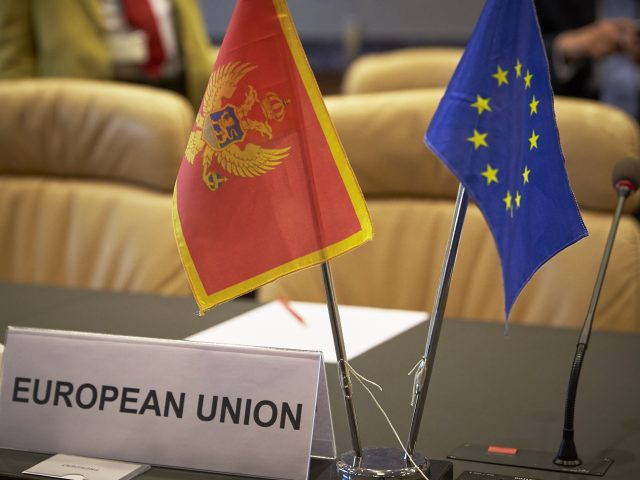

Everyone who follows Montenegro’s accession talks with the EU knew what to expect from this year's European Commission report:
Seven chapters had weaker results than last year, three of them without any progress, while in 13 chapters the situation is the same as last year. For a country that plans to close 6 negotiation chapters next year, and as many as 20 in 2026, this is unacceptable;
Lukewarm and without many reasons for celebration or optimism.
The surprise, however, happened a day earlier in the form of leaked information that the European Commission had recommended to the Council of Ministers the establishment of a technical working group for the drafting of the Accession Treaty with Montenegro. Truly, for me, this news came like an earthquake. On the one hand, it would be a helping hand for Montenegro and the Western Balkans, a sign that things are changing in the enlargement process, a sign that there is a light at the end of the tunnel for countries that have been waiting for 21 years for the EU to fulfill its promise of their membership. In the case of Montenegro, it would mean justice for the 80% of people who, even after more than 12 years of negotiations, have not lost hope, regardless of the hypocrisy of both Montenegrin and EU elites. On the other hand, it would be a step forward for the Union itself and a sign that it had learned something from its own mistakes and that it cannot be stronger if it doesn’t become bigger.
Immediately the next day, this was followed by a sobering moment when the sentence in question (to which a journalist had insight, so it could be verified that it was not the result of their imagination) was delete from the report, and the member states once again showed that words “merit”, “enlargement” and “credibility” have become meaningless to the extent that if nothing happens in the next five years they might as well be deleted from the EU integration glossary.
Be that as it may, Montenegro is one step closer to the EU and in the final stage of the negotiations, but it will depend on its willingness to change and build a European majority, as well as on the political decision of the EU member states) whether this will be a sprint to the finish line, or turn into a marathon (again). Although the EU once again missed the opportunity to recover bits of its credibility, Montenegro will be an important test for it – if it fails to democratize and integrate the country in the next five years, it can hardly be considered a serious player by anyone anymore.